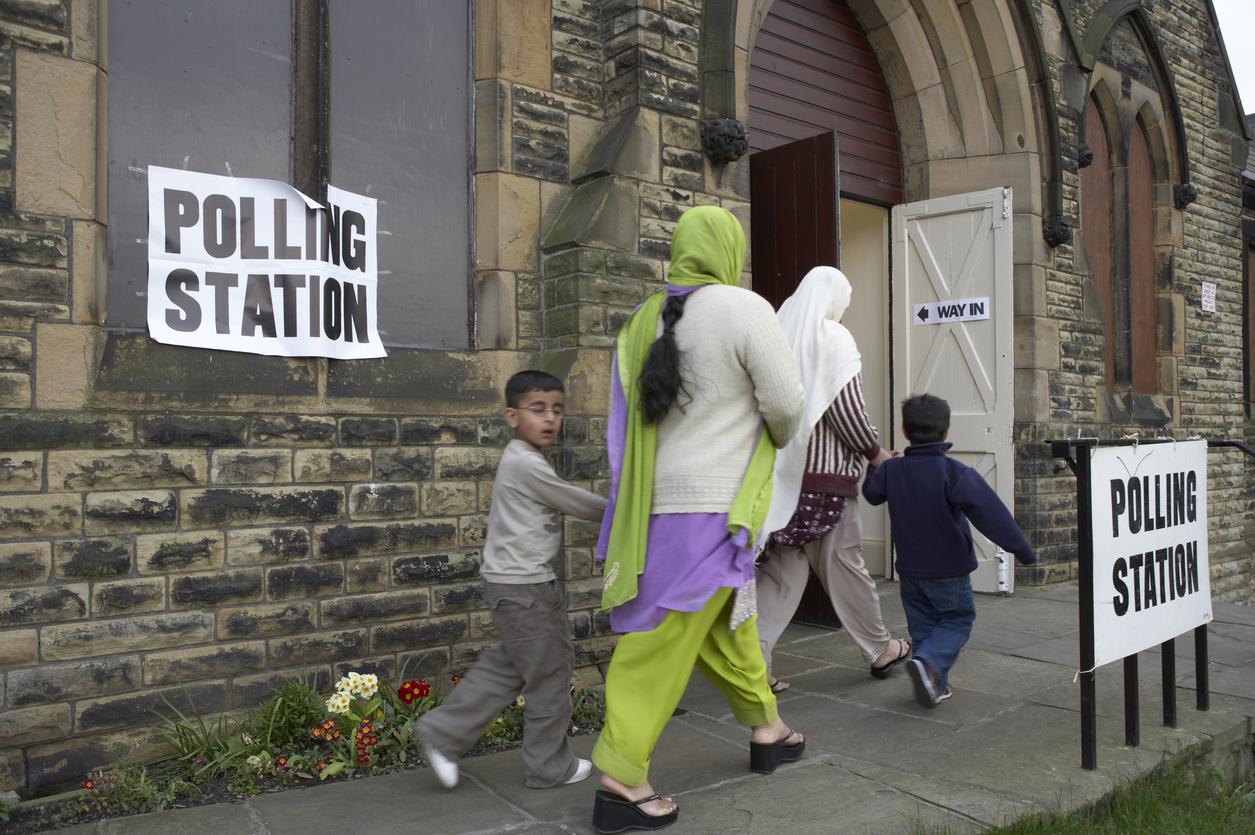Your support helps us to tell the story
From reproductive rights to climate change to Big Tech, The Independent is on the ground when the story is developing. Whether it's investigating the financials of Elon Musk's pro-Trump PAC or producing our latest documentary, 'The A Word', which shines a light on the American women fighting for reproductive rights, we know how important it is to parse out the facts from the messaging.
At such a critical moment in US history, we need reporters on the ground. Your donation allows us to keep sending journalists to speak to both sides of the story.
The Independent is trusted by Americans across the entire political spectrum. And unlike many other quality news outlets, we choose not to lock Americans out of our reporting and analysis with paywalls. We believe quality journalism should be available to everyone, paid for by those who can afford it.
Your support makes all the difference.Anti-racist and Bame organisations have warned the government that its plans to require ID at polling stations will lock black and ethnic minority people out of democracy.
In an intervention timed to coincide with Windrush Day, groups including the Runnymede Trust, Hope Not Hate and the Race Equality Foundation said government policy amounted to the “importing of US-style voter suppression to the UK”.
Ministers want to make it compulsory for voters in England, Scotland and Wales to show ID cards before they can cast their ballot, but the plans are highly controversial because different demographics are more likely to have valid ID cards than others.
Groups demographically more likely to support the government like white people and older people are significantly more likely to already have photo ID, leading some critics to claim that the ministers are trying to suppress turnout of their opponents’ supporters.
Suspicions have also been raised because in-person voter fraud is a non-existent problem under the UK’s current system, with just one person convicted a year – out of proportion to the push for the policy.
The government says people without an existing form of ID will be able to apply for an electoral ID card, but the groups said this aspect of the policy “represents another barrier to voting that will put many off – with a postcode lottery in terms of how easy the cards are to acquire in each of the 300+ councils of the UK”.
“We are writing to sound the alarm at government plans that will make it harder for people to vote,” the groups say.
“The government is intent on pushing ahead with a voter ID which will have a disproportionate impact on Bame people.
“We are deeply concerned that – since there is no universal ID in the UK – this show-your-papers plan represents an importing of US-style voter suppression to the UK.”
The groups cited data showing that white people are most likely to hold one form of photo ID, with 76 per cent holding a full driving licence compared to 31 per cent of Asian people and 48 per cent of Black people.
The statement was signed by Dr Zubaida Haque, interim director of The Runnymede Trust, Darren Hughes, chief executive of the Electoral Reform Society, Pragna Patel director of Southall Black Sisters, Jabeer Butt OBE, CEO of the Race Equality Foundation, and the anti-racism group Hope Not Hate.
They added: “The Windrush scandal showed what can happen when millions of people who lack ID are shut out by government. We must not risk a rolling Windrush scandal here, with Bame and marginalised groups locked out of our democracy. Ministers must think again.”
A pilot of voter ID laws was carried out at the 2019 local elections. The Electoral Commission, which evaluated the pilots, said it was “not able to draw definitive conclusions from these pilots about how an ID requirement would work in practice, particularly at a national poll with higher levels of turnout or in areas with different socio-demographic profiles not fully represented in the pilot scheme”.
The government is, however, pressing ahead with the plan, which was included in the Conservative manifesto. They argued that the measure would “protect the integrity of our democracy”.
Voter ID laws have a long history as a partisan issue in the United States, where they tend to be introduced by Republican state administrations who rely on white voters for the overwhelming majority of their support. Critics point to many of the same factors handing a partisan advantage to the laws’ proponents.
Voter ID requirements are common in continental Europe, but many of the same issues do not apply as these countries tend to have national ID card schemes where cards are already mandatory for all. A similar system is in place in Northern Ireland, where electoral ID cards are issued free of charge.

Join our commenting forum
Join thought-provoking conversations, follow other Independent readers and see their replies
Comments